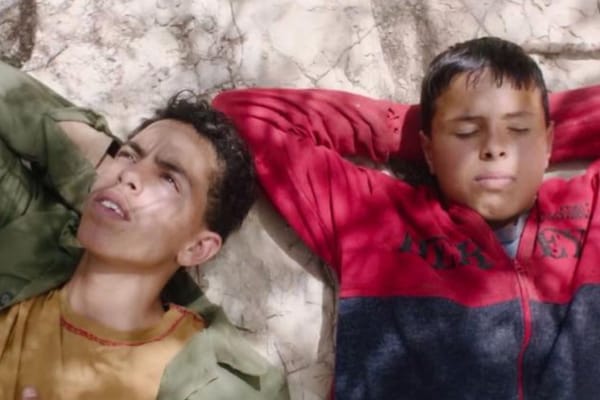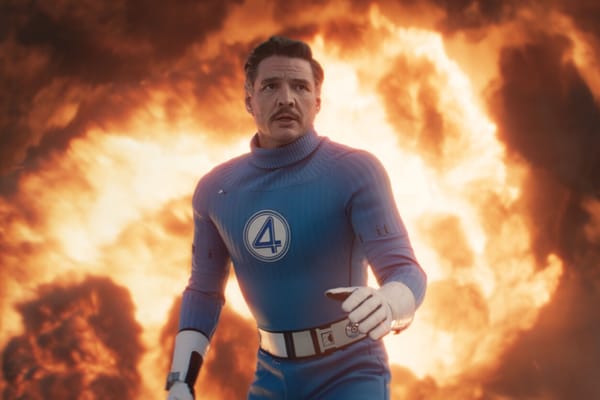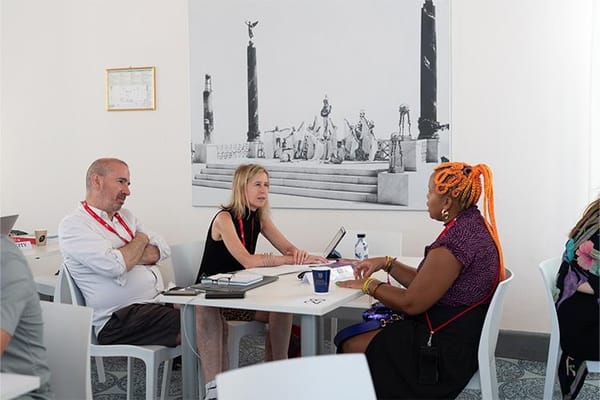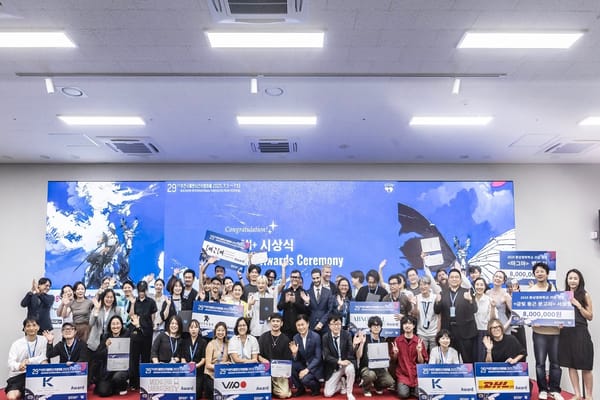Cannes 2025 Recap Part One: Hello Brave New Multipolar Film Industry
Cannes awards winners, tariff talk & shifting spheres of influence in the global film biz.
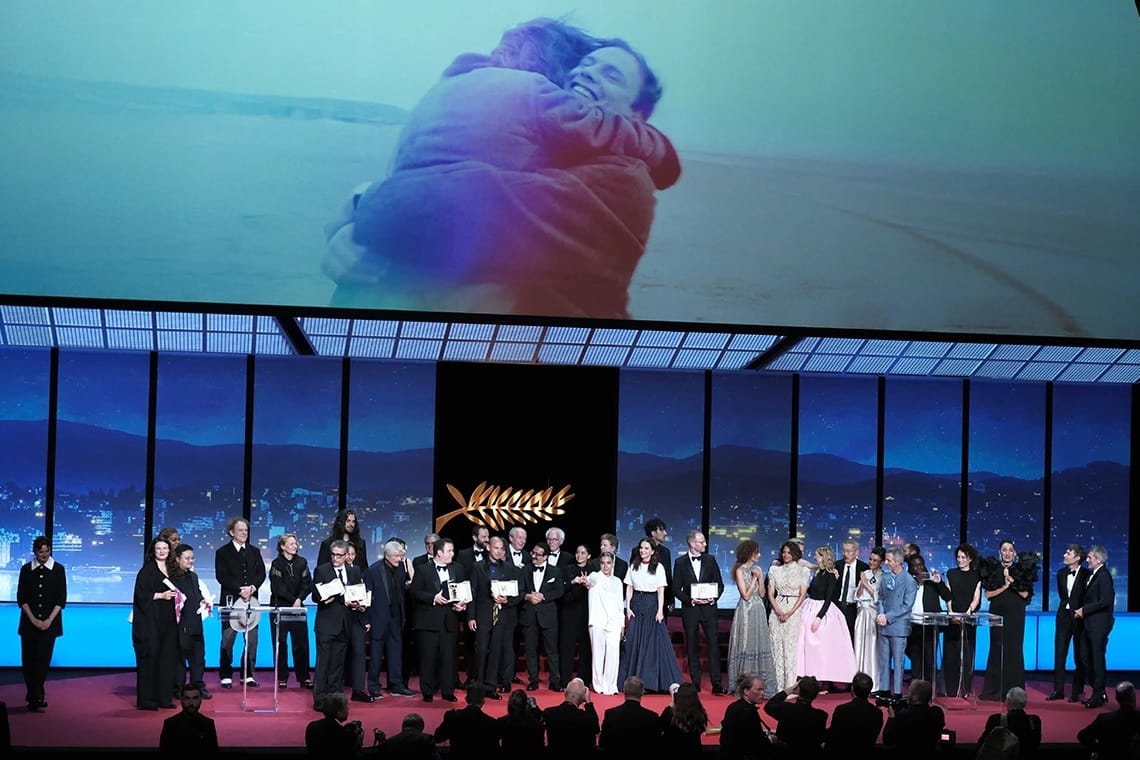
It was an odd Cannes film festival this year. The films were good, but the business was muted and the instability created by US President Donald Trump rattled around the market, much like the mistral winds that led to the unfortunate palm tree incident on the Croisette.
But then we should expect Cannes, as the only truly international event on the film festival circuit, to reflect back at us the creative, political and economic movements that are sweeping the world. We are moving from a unipolar world, one dominated by America’s soft power and economy, to a multipolar world with several competing spheres of influence. In the film industry, as in any other industry, we can expect this to be an exciting but unsettling time.
For Asia’s film industry, this year’s Cannes was also a sad time, first with news that a Japanese producer had been badly injured by the falling palm tree, then to hear that we’d lost a friend, Indonesian producer John Badalu, who passed away in Bali as the festival was drawing to a close. John was a generous supporter of emerging Southeast Asian talent and a tireless advocate for LGBTQ+ and other minority voices. He will be greatly missed.
Middle East Talent Triumphs In Cannes Awards
First a few words on this year’s Cannes Awards. Iranian filmmaker Jafar Panahi won the Palme d’Or on his first visit to Cannes in more than a decade, following multiple travel bans, with revenge thriller It Was Just An Accident, a film that critics said contains a great deal of heart and humour as well as making its point. Iran is unlikely to submit the film as its entry for Best International Feature at next year’s Oscars, but it may be entered in other categories as Neon has acquired the film – marking the US distributor’s sixth Palme d’Or acquisition in a row.
It was a good year overall for talent from the Middle East. Hasan Hadi’s The President’s Cake, set in Saddam Hussein’s Iraq, won both the Camera d’Or and the People’s Choice Award in Directors Fortnight. Nadia Melliti, a French actress of Algerian descent, won best actress in Competition for her performance as a teen trying to reconcile her cultural identity with her emerging sexuality in Hafsia Herzi’s The Little Sister. Twin Palestinian directors Arab and Tarzan Nasser won the best directing award in Un Certain Regard for Once Upon A Time In Gaza, about everyday life in Gaza in the 2010s.
Africa also had a significant win at Cannes this year, with Akinola Davies Jr’s My Father’s Shadow, thought to be the first Nigerian film in Cannes official selection, awarded a Special Mention in Un Certain Regard. Among Asian winners – A Useful Ghost, from Thai filmmaker Ratchapoom Boonbunchachoke, took the top prize in Critics Week, and Chinese filmmaker Bi Gan won a Special Award in Competition for his hallucinatory epic Resurrection. Japan had a strong presence at the festival this year, from Chie Hayakawa’s Renoir in Competition to Kei Ishikawa’s A Pale View Of Hills in Un Certain Regard and Yuiga Danzuka’s feature debut Brand New Landscape in Directors Fortnight. But while the Japanese entries were positively reviewed, they missed out on awards. (See here for full list of Cannes 2025 Award Winners)
International Pushback Against Trump’s Tariffs
The big story going into Cannes was Trump’s pronouncement that the US should impose a 100% tariff on movies made in “foreign lands”. Trump is right that Hollywood is not having the best of times at the moment, but absolutely nobody thought his tariffs solution was a good idea, and his own advisors were soon proposing alternatives – bolstering US production incentives and getting the US signed up to international co-production treaties. Nobody took what Trump said completely seriously..
To read the rest of this article, subscribe to the ‘Streamlined’ newsletter: STREAMLINED

